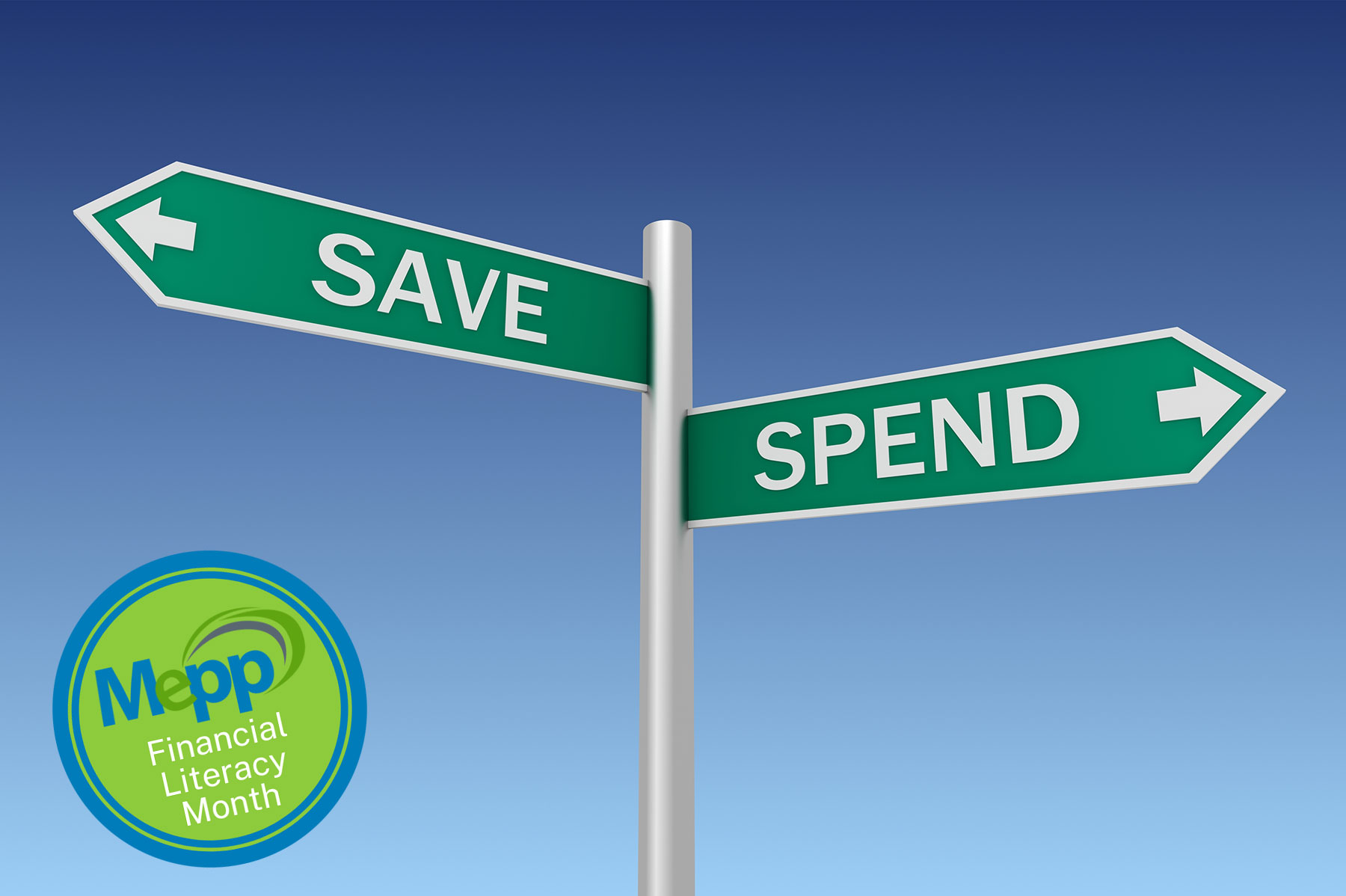
Paying Debt vs Retirement Saving
With interest rates rising, people of all ages are getting real about their debt.
If all your debt were paid off tomorrow – credit cards, car loans, student loans, mortgage – you’d likely feel a huge sense of relief. Every dollar that goes to debt is one less dollar you can use for your retirement planning. However, if your savings account has a $0 balance, you’re still not ready to retire.
So, which should be your primary focus - paying down debt or bulking up your retirement savings?
Hint: There is no wrong answer.
The right decision depends on your own financial situation and emotional ties to money.
If you’re one to sway to the side of paying off debt, you are likely aware that credit card interest rates are in the neighbourhood of 20 per cent. By comparison, an interest rate on a mortgage or student loan could be much lower. You should consider paying off the high-interest debt sooner rather than later, as this debt can quickly dig you into a deeper hole.
If you fall on the side of investing, you likely see debt as not being created equal and that there is such a thing as good debt and bad debt.
One rule the latter group follows: If you can invest money and earn a greater return than the cost of debt you are paying, why not save for retirement first?
There’s a psychological aspect attached to each choice.
The sooner you pay off debt, the less money you spend on interest and the more money you save – instant gratification.
The same can be said whenever you’re able to contribute more to your retirement savings.
Carrying your debt into retirement is not ideal, but that’s not to say it will derail your plans. Prioritize your finances in the years leading up to your retirement date, which means eliminating your highest costs above all else.
Whether you conquer your debt or invest more in savings, the primary goal is having a plan, regardless of the path you choose to take. Remember, you can always challenge yourself and do both.
To begin your budget planning, check out our Planning Worksheet. Make a list of debts, needs, and wants, and start from there. Then, when you’re ready, meet with one of our Retirement Information Consultants to discuss your plans and have your questions answered.